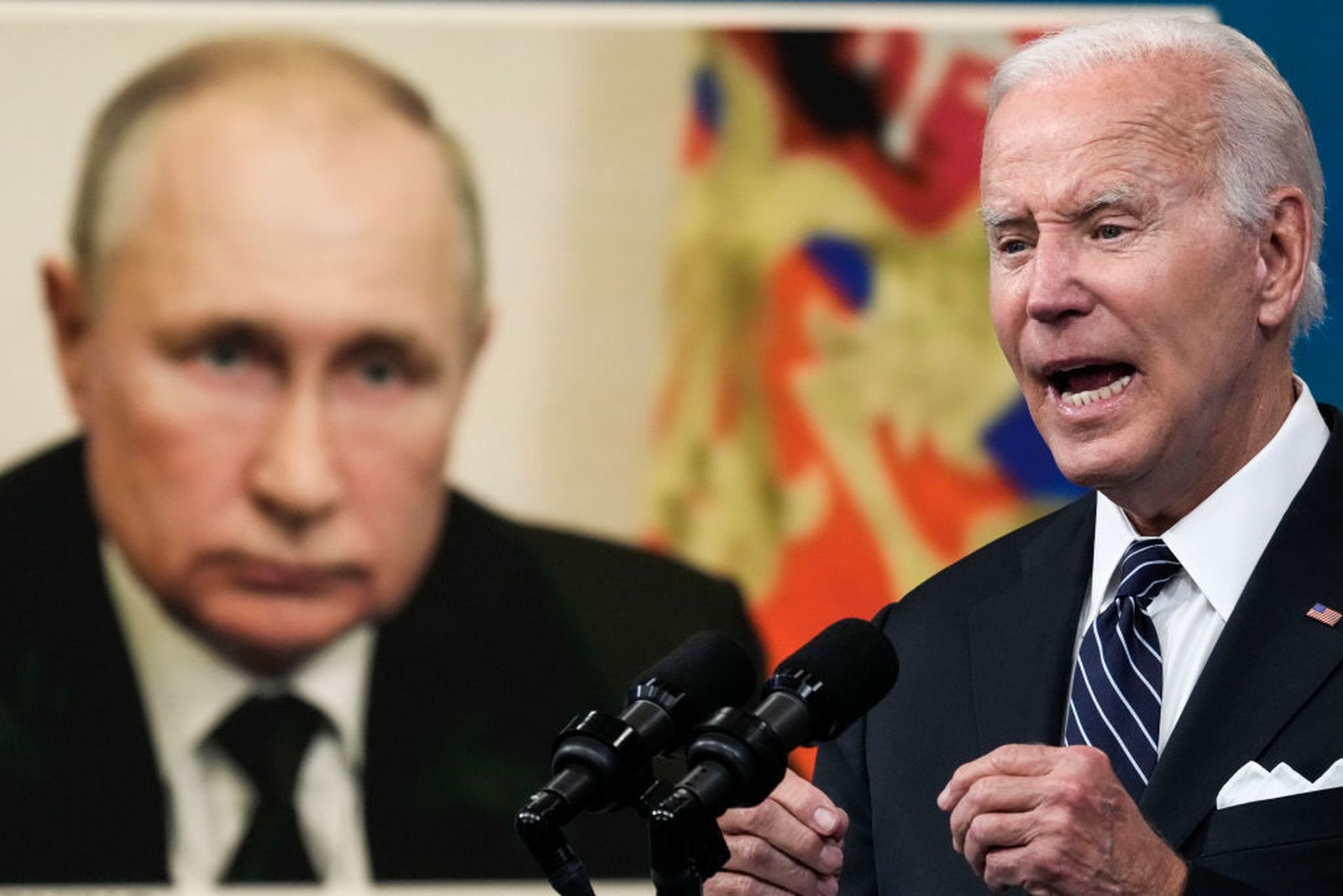Contentious cyber skirmishes between the U.S and Russia could escalate to “cognitive warfare,” a top Russian diplomat has told Newsweek in an interview.
Artur Lyukmanov, who serves as director of the Russian Foreign Ministry's International Information Security Department and special representative to President Vladimir Putin, told the media outlet that U.S. official and corporate entities were "involved in preparations for 'cognitive warfare,' and warned "such an escalatory path adds higher risks of confrontation."
The Russian diplomat told Newsweek that "the U.S. builds up offensive ICT-capabilities, conducts "hunt-forward" operations against Russia" and "employs its clients abroad."
Lyukmanov stopped short of elaborating on what he meant by “confrontation” but did tell Newsweek that Russia wants to “halt further deterioration.” A miscalculation in the use of what Russia calls “information and communication technologies” (ICTs) could lead to a “direct conflict, an all-out war, especially as the White House is aware that Russia has all the necessary capabilities to defend itself. A devastative computer attack against our critical information infrastructure will not be left without response."
Still, the diplomat told Newsweek that Russia believes that “eventually common sense will prevail among other governments, including the U.S., when it comes to the need for prevention of a conflict situation with an unpredictable outcome as a result of a transborder and anonymous computer attack. All countries are vulnerable to threats in information space, whether they have Silicon Valley or not."
Cybersafe Cyberspace Framework In place
A U.S. State Department spokesperson told Newsweek that the United Nations member countries have “coalesced around a non-binding framework of responsible state behavior in cyberspace.” All members of the UN General Assembly, including Russia, have repeatedly affirmed this framework,” the spokesperson said.
U.S. cyber officials have pointed to repeated Russian cyber operations ranging from attacks on critical infrastructure to government agencies and supply chain ecosystems, such as the massive SolarWinds blitz that used managed service providers as entrances to a huge, international assault.
Russian-linked operatives have been tied to a number of cyber attempts against critical infrastructure installations.
Two years ago, President Joe Biden told Putin at a summit in Geneva, Switzerland that critical infrastructure facilities should be "off-limits" to cyberattacks. While Biden didn't specify which operations, the U.S. had defined 16 sectors designated as critical by the U.S. Homeland Security Department, including telecommunications, healthcare, food, energy, water, transportation and others.
At the summit, there was no reported discussion of typical digital espionage operations as carried out by intelligence agencies worldwide.
To date, the most egregiously high profile cyberattack the U.S. has claimed occurred in 2016 when U.S. intelligence agencies accused the Kremlin of orchestrating a campaign to influence the national election. Moscow vigorously denied the charges but U.S. cybersecurity subsequently beefed up its cyber posture to repel any actions in the 2020 election.




